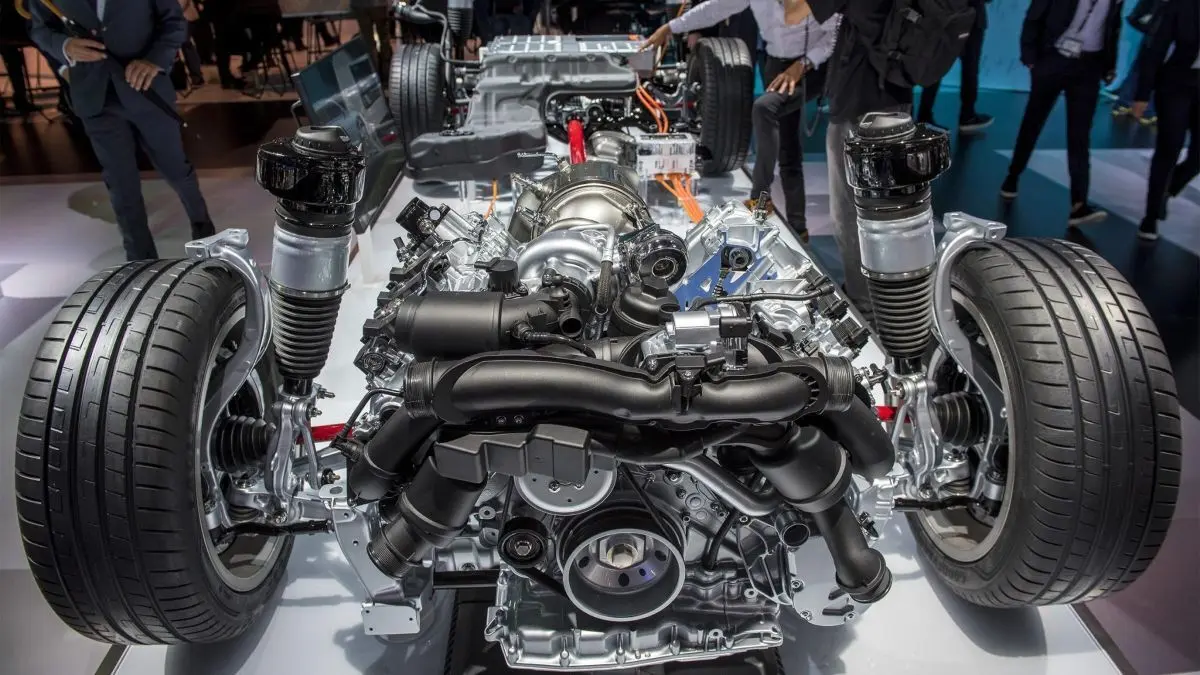Introduction
The recent developments in European regulations surrounding vehicle recycling are shaping up to influence how manufacturers approach the lifecycle of their products. These proposed regulations, aimed at enhancing environmental sustainability, could have far-reaching ramifications on logistics, especially in the area of vehicle disposal and part recovery.
Background on the New EU Regulations
In a significant policy shift, the Environment and Internal Market Committees of the European Union have endorsed expansive proposals targeting the entire lifecycle of vehicles. This regulation, introduced on July 13, 2023, requires manufacturers to be more accountable for their vehicles, from design through to their disposal.
Aiming to align with the European Green Deal and the Circular Economy Action Plan, the regulations stipulate new circularity requirements for vehicle design. These mandates come with a timeline that expects compliance in various vehicle categories, such as passenger cars and vans, within a year of enactment, while stricter timelines apply to commercial vehicles, including buses and trucks, which will receive five years before full compliance is necessary.
Exceptions and Special Cases
There are some allowances within the regulations for specialty vehicles, such as those used by military and emergency services, which are proposed to be exempt from these stringent recycling requirements. This serves to demonstrate a balance between necessary regulation and practical application for certain critical industries.
Key Requirements for Manufacturers
- Design for Disassembly: New vehicles will need to enable easy extraction of parts and components, allowing for their reuse or recycling. This entails that manufacturers consider the reparability of their products from the outset.
- Mandatory Recycled Content: The regulations propose that all new vehicles incorporate a minimum of 20% recycled plastic within six years, escalating to 25% within a decade, presuming that sufficient quality recycled materials are accessible.
These initiatives not only boost recycling but also press manufacturers to innovate in terms of sustainable materials and processes.
Extended Producer Responsibility (EPR)
A crucial aspect of this new regulatory environment is the implementation of Extended Producer Responsibility (EPR) which obliges manufacturers to cover the costs linked with the collection and treatment of their vehicles at the end of their lifespan. This includes the safe removal of hazardous components prior to any further processing.
The aim here is clear: to make manufacturers accountable for the impact of their products even after they are sold, thereby promoting more environmentally friendly practices throughout the production and after-sales lifecycles.
Increased Oversight and Compliance
The proposed regulations will require national authorities to enhance inspections and compliance measures for authorized treatment facilities. This includes ensuring that they follow the proper procedures for handling end-of-life vehicles and adhering to the laws designed to eliminate illegal activities in the waste management sector.
Export Regulations for Used Vehicles
Moreover, the regulation stipulates that used vehicles can only be exported if they do not fall under the category of end-of-life vehicles. Clear criteria for what constitutes an end-of-life vehicle will be necessary to refine this process, ensuring that used vehicles are not incorrectly categorized.
Industry Reactions and Perspectives
The Association of European Automobile Manufacturers (ACEA) has voiced that while the adoption of these regulations marks progress towards realistic guidelines, there are still significant concerns regarding the burdens placed on manufacturers, particularly concerning truck and bus production. Sigrid de Vries, ACEA’s General Director, highlighted the substantial legal and financial risks the new regulations impose on manufacturers who may find themselves responsible for elements beyond their control.
The Need for Clarity and Fairness
ACEA emphasizes the necessity for a fair distribution of responsibilities among stakeholders involved in the vehicle’s lifecycle. Clearer definitions can prevent manufacturers from being held liable for dismantling and treatment operations for vehicles they did not produce or sell, thereby avoiding unnecessary financial strain.
Logistics Implications
As these regulations roll out, the logistics industry must prepare for increased demand for efficient waste management solutions in vehicle disposal and parts recovery. The need for reliable, effective logistics processes will be paramount in meeting these new obligations. Companies like GetTransport.com, which specialize in global cargo transportation solutions, will play a crucial role in providing accessible services that facilitate the movement and treatment of end-of-life vehicles and their components.
Conclusion
In conclusion, the evolving regulations surrounding vehicle recycling pose both challenges and opportunities for manufacturers within the automotive sector while reshaping logistics strategies significantly. With the emphasis on sustainable practices becoming uproarious, stakeholders will need to adapt to these new pathways toward circular economy principles.
GetTransport.com is poised to assist by offering affordable and convenient transportation solutions, ranging from home and office relocations to handling large items such as vehicles and bulky goods. With its comprehensive services tailored for efficient logistics operations, GetTransport.com ensures that businesses can smoothly transition into this regulatory framework without breaking the bank.
As these industry norms evolve, leveraging such services can lead to achieving compliance effortlessly, making logistical relocations kinder to both the planet and the bottom line. Book now on GetTransport.com.

